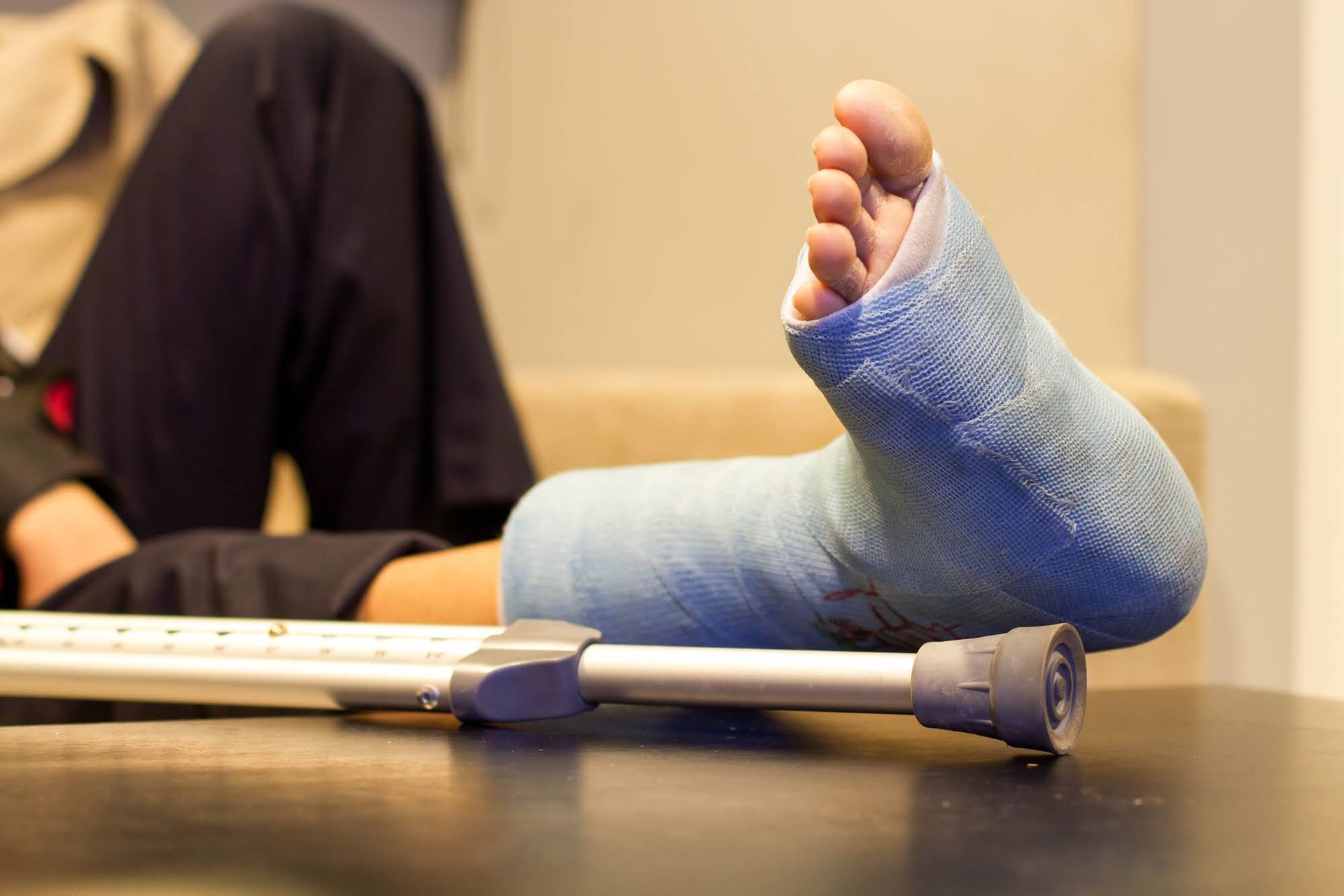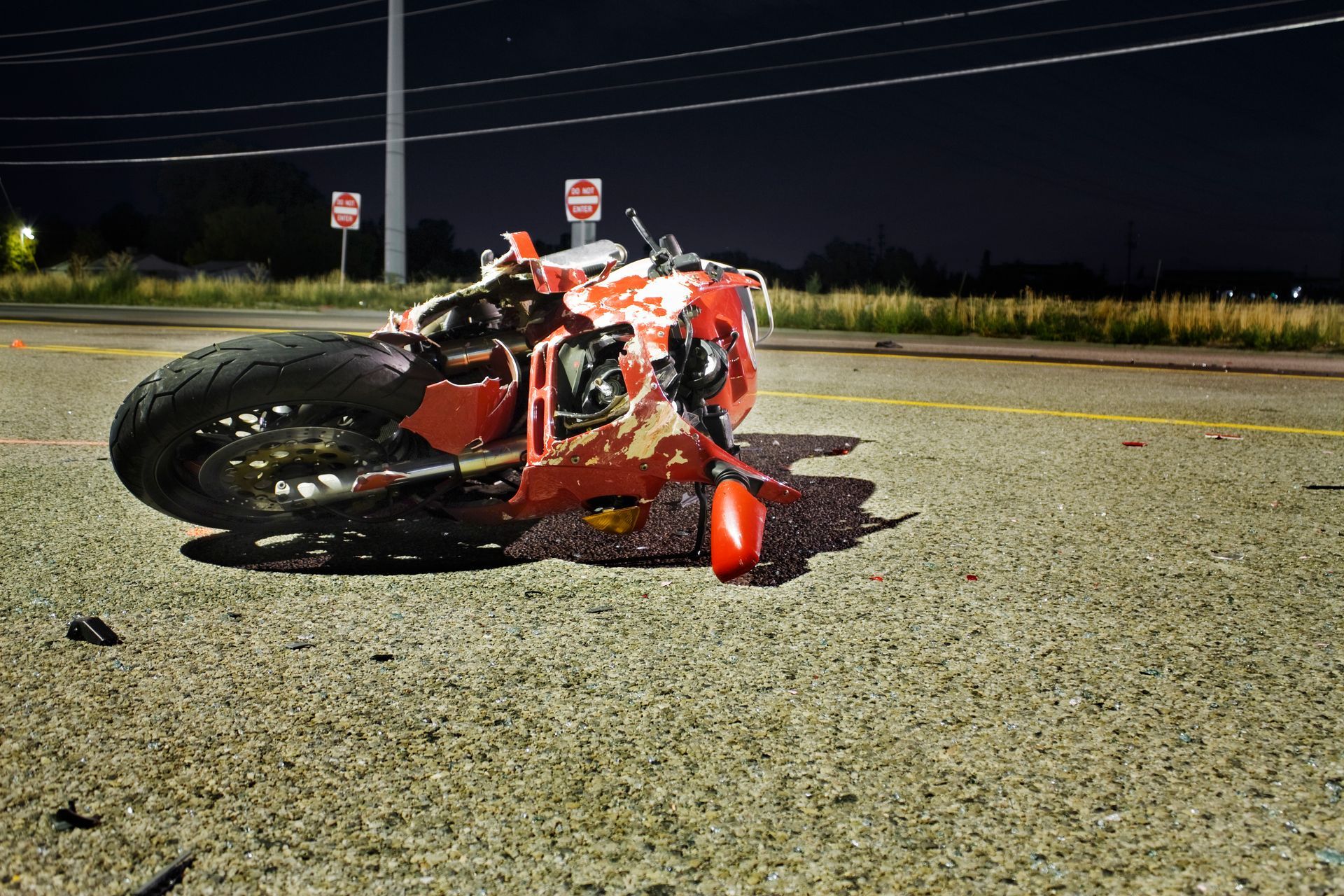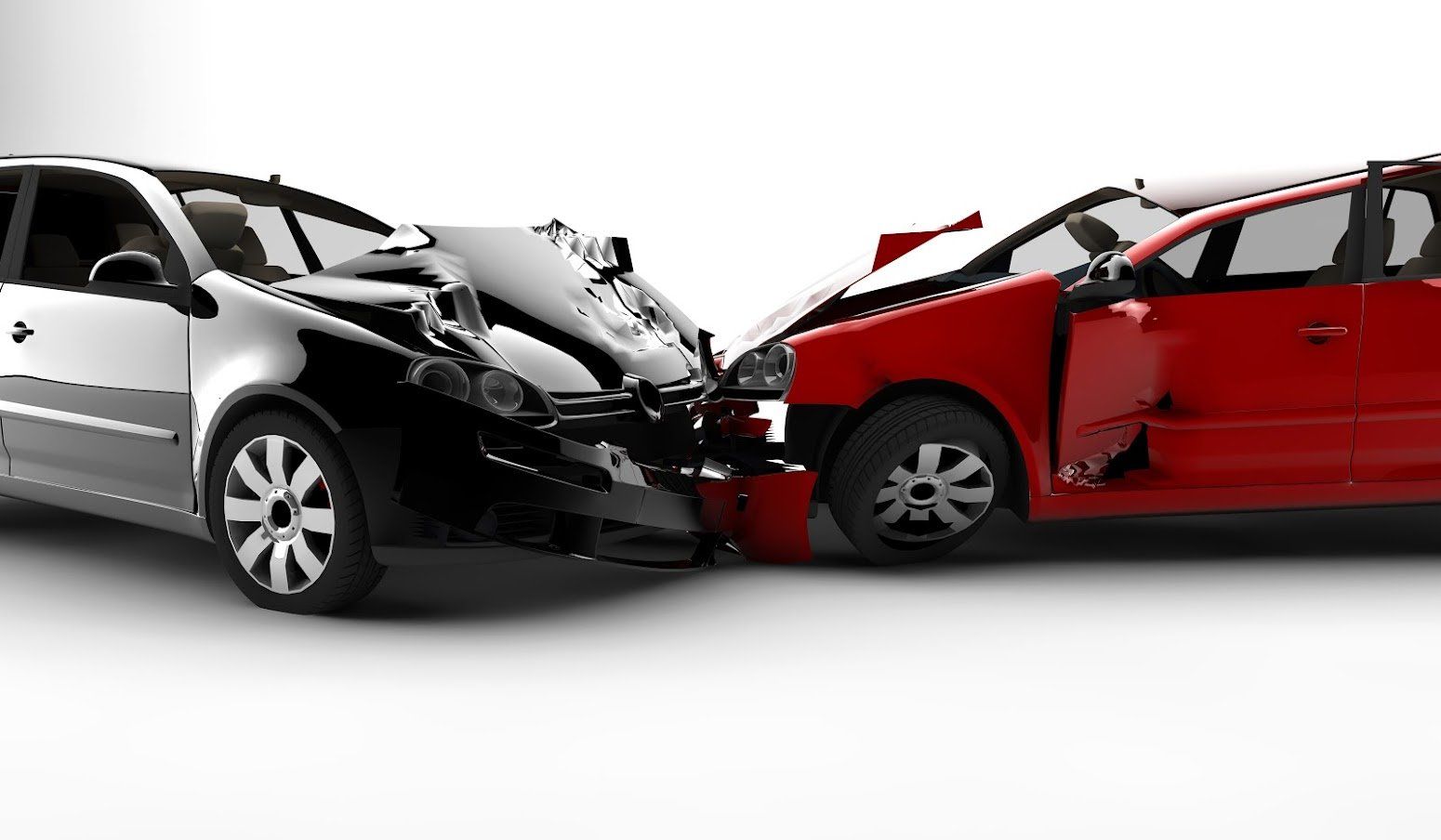CALL US TODAY!
(920) 425-4844 (Green Bay)
5 Essential Elements of a Negligence Tort
Negligence is a key factor in many personal injury cases and claims. You might find it difficult to determine whether or not negligence occurred in a particular situation if you do not understand what constitutes a negligence tort. In this blog post, explore five essential elements of a negligence tort so that you can better understand the concept and its implications.
1. Duty of Care
Duty of care is a constitutional term that decides if someone is responsible for damages they caused by being careless. Duty of care is the responsibility to use reasonable care when taking any action that could hurt someone or their property. For example, a driver on the road must care for other drivers, pedestrians, and bicycles.
The duty of care that a defendant owes to a plaintiff relies on how they know each other and the case. In general, a defendant must take the same amount of care that a reasonable person would use in an identical situation. In some situations, a professional standard of care may say the defendant needs to be more careful than a reasonable individual would be in the same situation.
2. Breach of Duty
In negligence torts, a defendant's duty of care is broken when they don't use reasonable care and don't satisfy the expected standard of care due to someone else.
This breach also concerns a defendant who deliberately puts the plaintiff at substantial risk of loss or who fails to see the substantial risk of loss that any reasonable person in the identical scenario would have seen. Breach of duty can happen in many ways, such as when a driver speeds, drives while drunk, or doesn't give way to a pedestrian.
3. Cause in Fact (Factual Causation)
In negligence torts, the plaintiff must prove that the defendant's conduct was the direct and actual cause of the plaintiff's suffering or harm. This condition, also commonly called the but-for test, highlights that the harm suffered would not have happened "but for" the defendant's actions.
But-for is not the only way to figure out what caused something. When the but-for test doesn't work, a whether and why test will be used to see if the situation makes sense. This test examines how much the defendant's breach of duty raised a material danger and whether the offender is responsible for the damage that breach created.
4. Proximate Cause (Legal Causation)
Proximate cause is the association between a defendant's activity or omission and the injury done to the plaintiff. In a negligence case, for the defendant to be responsible, the plaintiff must show that the defendant's activity or omission was the direct cause of the harm.
To establish proximate cause, the defendant must have been able to know that what they did or didn't do could hurt the plaintiff. If the defendant could not have known that the plaintiff would get hurt, there is no proximate cause.
5. Damages and Injury
In negligence torts, injury and damages include the harm done to a person because another party didn't take reasonable care. The harm must be something that the law recognizes as being wrong. In a negligence claim, you can usually get compensation for physical, emotional, financial, or reputational harm (in defamation cases).
Physical and emotional injuries include damage to the body, pain and suffering, loss of consortium, and trauma. Economic losses include missed wages, medical expenditures, and the inability to work in the future. Damages to the plaintiff's reputation and missed chances due to the defendant's carelessness constitute reputational damages.
A personal injury attorney can help you navigate the legal processes associated with negligence and personal injury claims. Contact Janssen Law LLC to book an appointment with a personal injury lawyer based in Green Bay and Hayward, WI.
CONTACT INFORMATION
Fax Number: (920) 425-4845
Email: denise@janssenlawfirm.com
BUSINESS HOURS
Mon - Fri: 8-5
Sat - Sun: By Appointment Only








